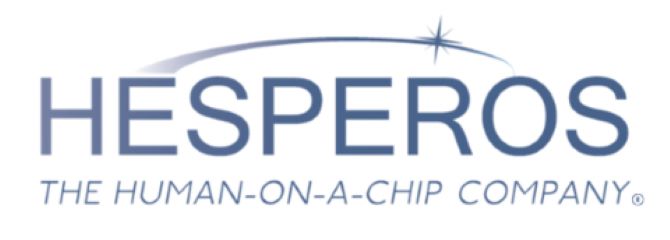New study presents a human-relevant stress model for assessing potential therapeutics

Hesperos, a global leader focused on improving preclinical drug development, food, cosmetic, and chemical testing with its Human-on-a-Chip (HoaC) single- and multi-organ systems platform, has announced the publication of a new peer-reviewed study, developed in collaboration with Bayer Consumer Health.
The study introduces the first human-relevant microphysiological system (MPS) capable of modeling central nervous system (CNS) stress responses and evaluating potential therapeutic compounds.
Stress has been implicated in a wide range of neurological conditions, including memory loss, impaired learning, and increased risk for neurodegenerative disorders such as Alzheimer’s disease and other forms of dementia. Cortisol, the body’s primary stress hormone, has long been linked to cognitive decline in both a time- and concentration-dependent manner, but until now researchers have lacked functional in vitro models to study its effects on neural networks and identify potential therapeutic strategies.
The research team developed a functional non-animal model of stress-induced synaptic dysfunction using human induced pluripotent stem cell (iPSC)-derived cortical neurons cultured on microelectrode arrays. By measuring long-term potentiation (LTP), a key correlate of learning and memory, the model successfully reproduced the concentration- and time-dependent effects of cortisol on neural networks.
“This advance demonstrates the ability of Human-on-a-Chip systems to replicate complex neurological processes such as stress-related cognitive decline without the need for animal studies,” said Dr. James Hickman, Chief Scientist at Hesperos and senior author of the study. “The model provides a new tool to better understand how stress affects the brain and to screen candidate therapeutics in a biologically relevant context.”

Subscribe To Our Newsletter & Stay Updated